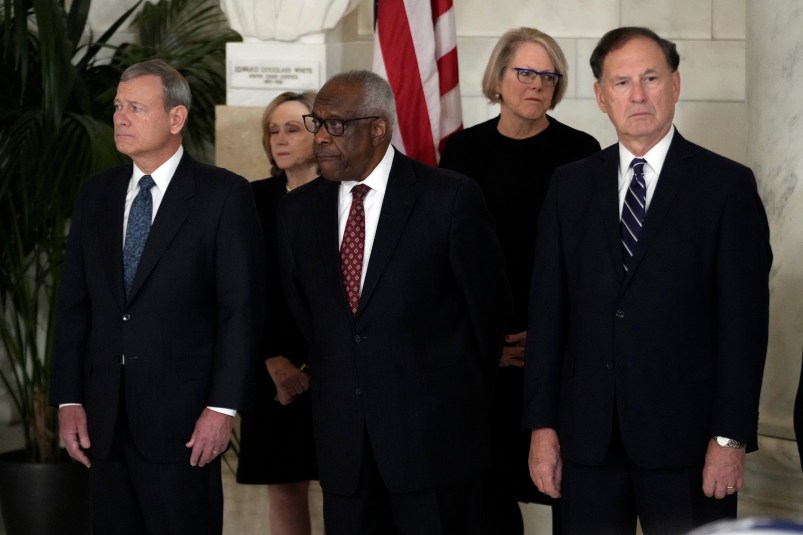TPM Reader BK disagrees that health care reform’s greatest vulnerability will be the 2010 election.
Actually, its greatest point of vulnerability will be the 2012 election, since much of it doesn’t take effect until 2013. The mandates that will drive up costs will take effect before then–young people will pay much more since premiums will be equalized for all age groups and private companies will have to cover even sick people. Since there will be no opt-out or no competition, they will be able to charge whatever they want.
By 2012, the exchanges that will get small business owners and employees insured are not supposed to be set up. So basically, all the politically and economically costly things go into effect first, and the beneficial things (insuring people and taking burdens off small business) will not have materialized. It’s perfect for demonization.
I’m sorry, but the 2012 campaign is going to be all about repealing health care reform, and it will find a sympathetic audience if the schedule isn’t fixed.
This is actually a point I’ve given a lot of thought to. And it’s an important and complicated point. It’s true that key parts of the legislation don’t go into effect until 2013, or at least that’s where things stand right now. It less clear to me that a hypothetical unified Republican government in 2013 would be able to repeal the law just as the most beneficial parts of the legislation are coming into effect.
But it does make me wonder why the schedule can’t be tweaked at least a little. Certainly changes as big as these can’t happen over night. But you could see where early 2012 as opposed to 2013 could make a pretty big difference.
Late Update: I realize that the original version of this post wasn’t entirely clear. It was not my understanding that mandates and the exchanges are staggered in the way that BK suggests. And I’ve just confirmed that that is not the case. The issue is that few of the structural changes go into effect before the 2012 election. Bans on denial of coverage for pre-existing conditions, dropping people as soon as they get sick (“recision”) will go into effect earlier, basically new regs cracking down insurance companies’ behavior. And those should be popular for a lot of people. But the stuff that really tackles cost and other aspects of availability won’t go into effect during this presidential term. That’s problematic politically for the Democrats. And I think it also raises the real prospect that the insurance companies will start pulling various pricing shenanigans in advance of 2013, hoping they can create the political climate for repeal before those parts of the legislation come into effect.






